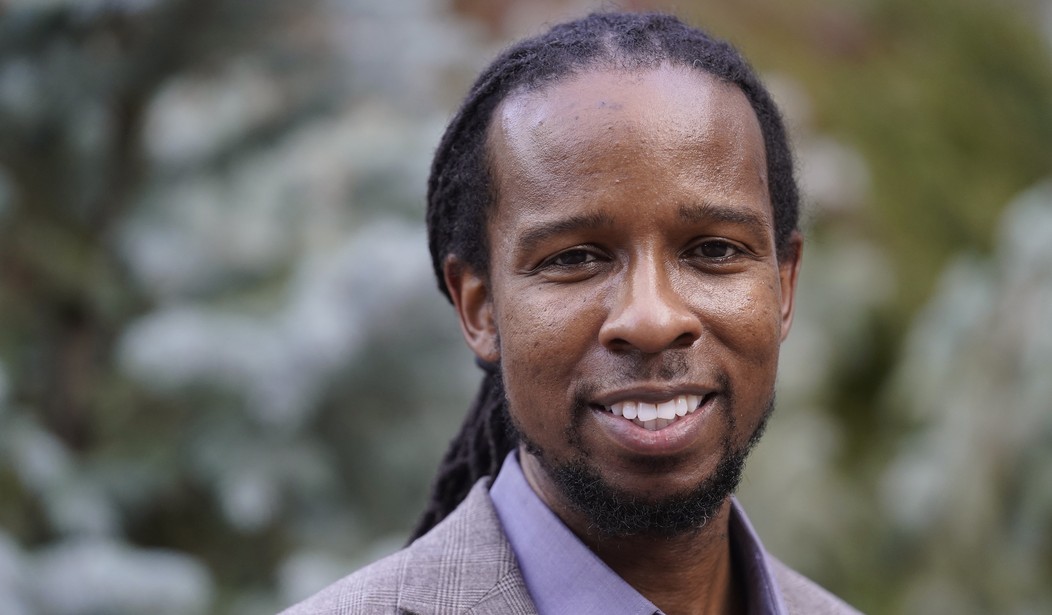Dr. Tyler Austin Harper is an assistant professor at Bates College. Earlier this summer he wrote a pretty interesting piece for the NY Times about his experiences with affirmative action. Here’s a bit of what he said:
Nearly every college admissions tutoring job I took over the next few years would come with a version of the same behest. The Chinese and Korean kids wanted to know how to make their application materials seem less Chinese or Korean. The rich white kids wanted to know ways to seem less rich and less white. The Black kids wanted to make sure they came across as Black enough. Ditto for the Latino and Middle Eastern kids…
…affirmative action — though necessary — has inadvertently helped create a warped and race-obsessed American university culture. Before students ever step foot on a rolling green, they are encouraged to see racial identity as the most salient aspect of their personhood, inextricable from their value and merit.
Harper was someone who was both a beneficiary of affirmative action and also a critic. He predicted that the Supreme Court’s ending of affirmative action would only make the “gamification” of applying to elite schools worse. Whether you agree with that or not, it was an interesting take that didn’t fall into the usual talking points categories.
Today, Harper has a piece for the Washington Post which offers a different perspective on Ibram Kendi and what went wrong there.
As one of a number of left-wing commentators who have been critical of mainstream anti-racism — and who believe the movement is little more than self-help for White people that runs interference for corporations and wealthy universities — I’ve watched the Kendi crisis unfold with a touch of schadenfreude. Yet though this public reckoning feels long overdue, I can’t help but also have a smidgen of empathy for the embattled anti-racism guru…
The prospect of Kendi’s unraveling is not — or at least, is not only — the story of a huckster who was happy to cash in on America’s racial trauma, slapping his name on strange children’s books, including “Antiracist Baby” and “Goodnight Racism,” while raking in hundreds of dollars a minute to give short talks at American universities. Instead, the Kendi affair is yet another example of an age-old truism: White American elites on both sides of the political spectrum — academics, publishers, members of the media, corporate leaders — are always waiting in the wings to turn a shiny new Black intellectual into a mouthpiece for their political agenda…
Though conservatives tended to focus on the book’s famous catchphrase — “The only remedy to racist discrimination is antiracist discrimination” — in my view the real damage that Kendi’s philosophy has wrought on American culture is in the way he turned words like “racism” and “white supremacy” into banal, everyday terms like any others.
Once reserved for the gravest of racial trespasses, thanks to the influence of Kendi and other charlatans like Robin DiAngelo, “racism” is now routinely employed to describe anything from workplace microaggressions to terrorist attacks. The march on Charlottesville was white supremacy, but so too is asking Black people to show up to Zoom meetings on time…
Now that Kendi’s career seems to be unraveling, his critics have come to take their pound of flesh. And after the deluge of self-help hokum he has produced since Floyd’s murder — not to mention the corporate water-carrying his ideas have facilitated — I don’t begrudge them. But I also think the blame lies not just with Kendi but with the rich donors, CEOs and universities that were eager to purchase their own absolution by bulk-buying anti-racist indulgences.
To summarize a lot of the piece which I haven’t excerpted above, Harper is essentially arguing that between his first book “Stamped from the Beginning: The Definitive History of Racist Ideas in America” and his second “How to be an Antiracist,” Kendi was to some degree selling out. At least that’s one way to interpret the change from writer of purportedly serious history to self-help guru.
But even if you agree Kendi was selling out, ultimately his story is about the people who were buying what he was selling. That includes Boston University, the media people who made him a household name, the corporations that offered him outrageous sums to share his wisdom, etc.
It’s not hard to understand why Kendi took the job and the fame and the money. As Harper writes, “though I don’t condone Kendi’s race grift, I do understand how easy it would be to become a grifter.” It’s really the other side of that equation that Harper wants to shed some light on. What were the buyers buying when they bought into Ibram X. Kendi? Whatever it was, Harper suggests, it probably deserves a big share of the shame of his current downfall.








Join the conversation as a VIP Member